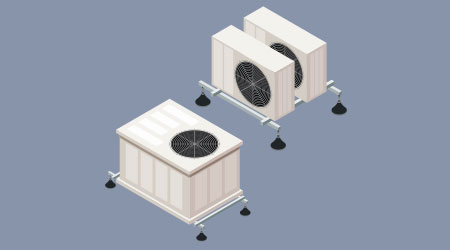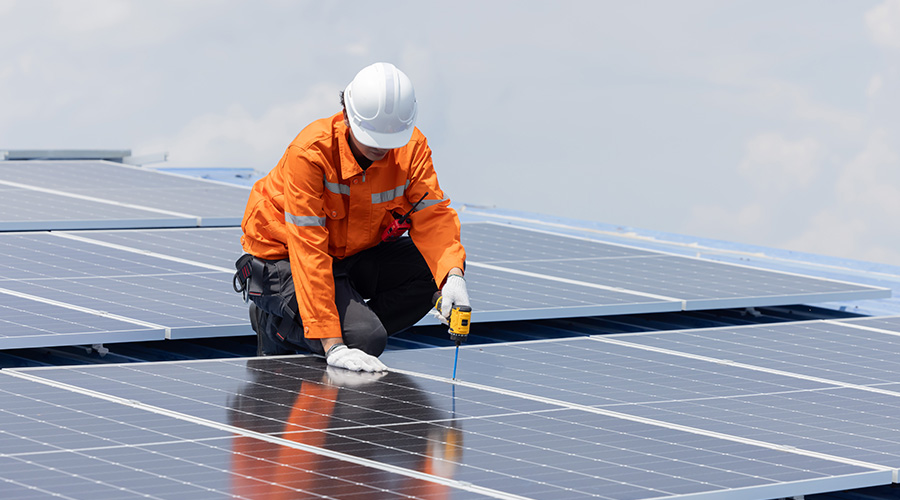Hybrid HVAC Systems Offer Big Efficiency
Whether your goal is net-zero energy or just ultra-efficiency, consider these hybrid HVAC systems to save energy.
There is a growing movement toward net-zero energy buildings. Those building to net-zero standards typically use renewable energy, co-generation, and passive heating and cooling. Some eliminate standard HVAC systems by using better building envelopes, siting, and design.
For building owners not yet ready to adopt a net-zero energy goal, hybrid HVAC systems are worth considering — not only for conserving energy, and thus saving money, but also for the reduced impact on the environment compared to a traditional system. The other benefit of a hybrid system is the built-in redundancy, so that in case of emergency, it can be less likely the building will lose all means of heating and cooling.
There are many forms of hybrid systems. Here are a few:
• Gas-, hot-water-, or steam-driven chillers can conserve energy and reduce cost of electricity during time-of-day pricing, and may be able to produce heat for reheat, preheating water, or other uses.
• A hybrid geothermal system — i.e., one combined with a small boiler and cooling tower or closed-circuit cooler — requires less space and is less expensive to install than a full geothermal field. The cost savings would more than offset the additional maintenance and the potentially higher utility operating cost required for the boiler and chiller.
• If there can be a use for the heat output, a combined heat and power system can not only conserve energy but also supplement utility power during times of sustained grid problems.
Related Topics:















